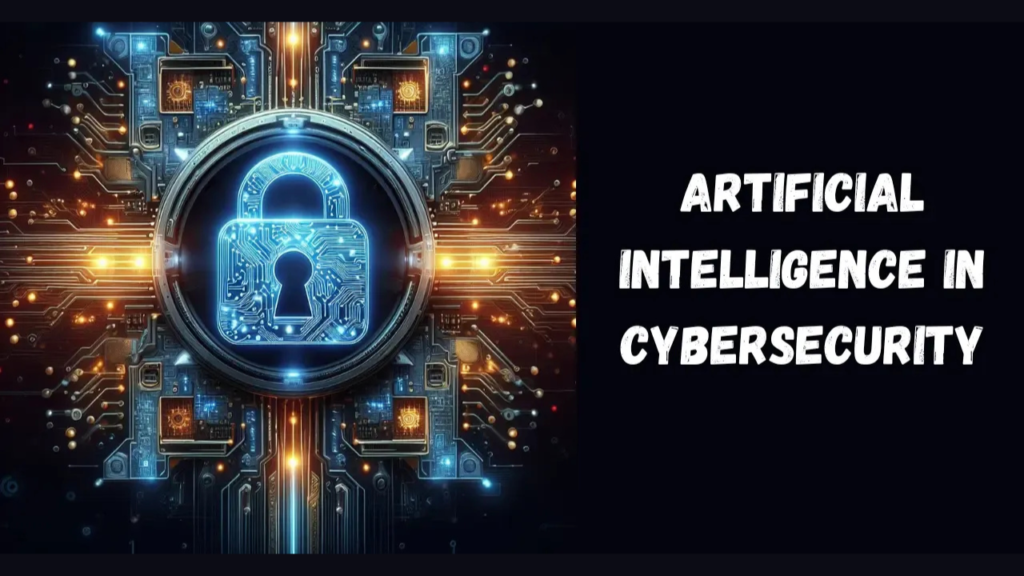
Artificial intelligence (AI) is set to be a total game-changer for cybersecurity. It provides powerful new tools to defend networks against increasingly advanced threats. But AI also has a dark side if used maliciously by hackers. Let’s dive deeper into the emerging promise and risks of AI for cybersecurity.
Table of Contents
How AI Can Strengthen Cyber Defenses?
- AI systems have the ability to analyze absolutely massive amounts of network data to detect anomalies and threats. No human team could ever keep up!
- Machine learning algorithms can be trained to identify new types of malware, phishing schemes, network intrusions and other attacks. This works even for threats that don’t have predefined signatures.
- AI enables automating many mundane security tasks. This allows much faster responses to incidents without relying solely on human analysts. Rapid reaction times translate to less damage.
- AI provides enhanced visibility across networks. It can correlate events and uncover hidden relationships between threats. This improves situational awareness.
Overall, AI gives cybersecurity teams a giant boost in precision, speed and scope. It augments human capabilities for stronger defenses.
The Risks of AI in the Wrong Hands
- Unfortunately, hackers have been quick to weaponize AI for cyberattacks. AI makes it possible to create more potent, tailored and scalable attacks.
- Hackers can use AI to generate highly convincing fake content for social engineering – think audio, video, texts purportedly from trusted sources. This content often fools humans.
- AI could be used to embed malicious logic into downloaded software that evades static antivirus scans. Adaptive malware that mutates poses a nightmare scenario.
- There are concerns that uncontrolled “artificial general intelligence” could be uncontrollable and dangerous if not developed responsibly.
Addressing the AI “Arms Race”
- To stay ahead of AI-savvy hackers, cybersecurity R&D must accelerate, with greater public-private cooperation.
- As new AI attack methods emerge, security strategies and tools will need to continuously adapt and innovate. Developing defensive AI will be critical.
- Strong governance frameworks for ethical AI development are needed to try to prevent misuse before it happens.
- But improved defenses shouldn’t come at the cost of civil liberties – privacy and human oversight of AI systems are important.
The Ongoing Balancing Act with AI
While AI has risks, its benefits likely outweigh potential downsides if managed prudently. With ethical development and safeguards, AI can make cybersecurity much stronger. But neglecting AI’s risks could be disastrous. Maintaining this balance will shape the cyber landscape for decades to come in our increasing digital world.